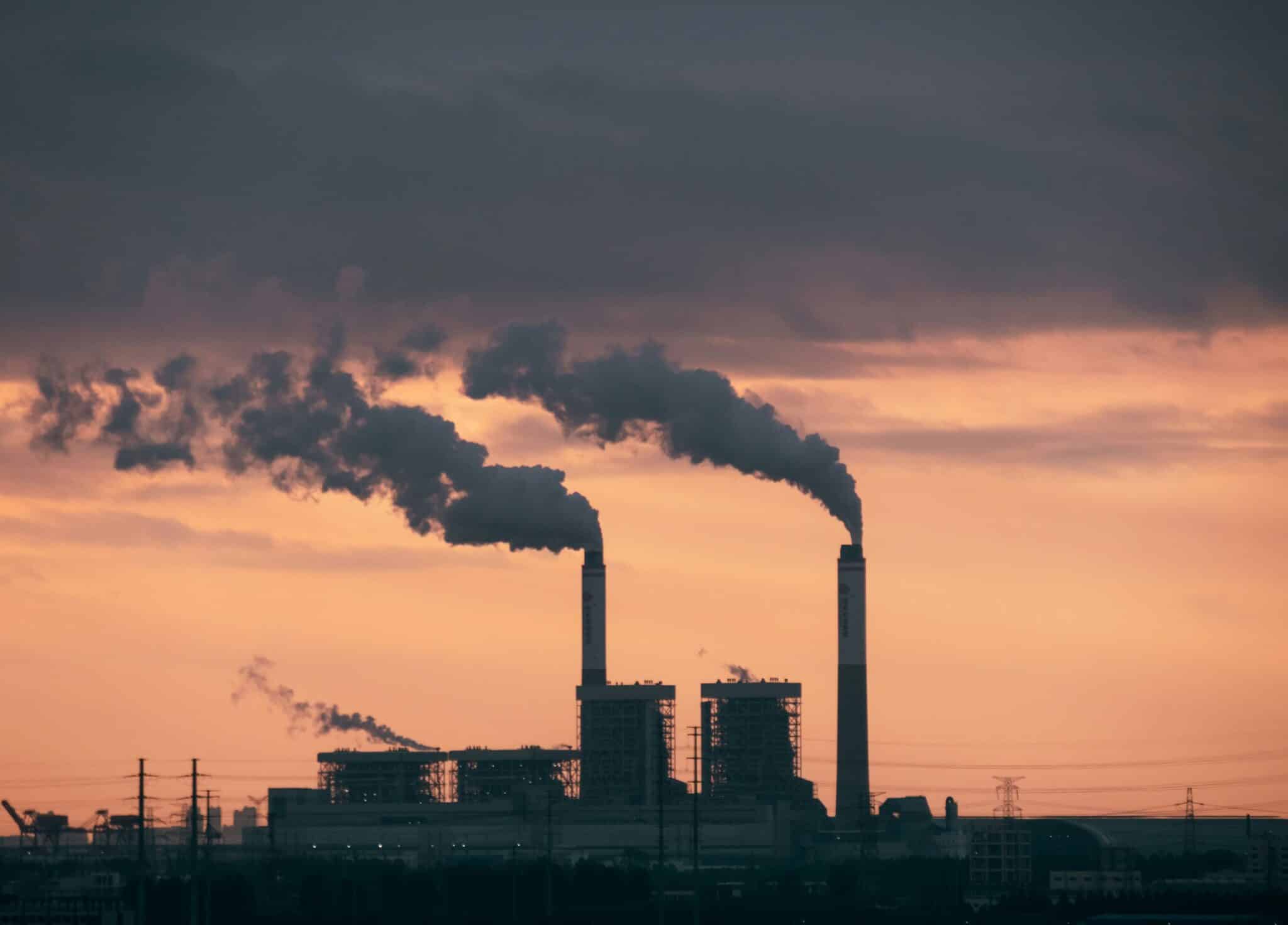On March 17th, the House Appropriations Subcommittee on Energy and Water Development donned green ties for St. Patrick’s Day and met to discuss the Department of Energy’s budget for Energy Efficiency and Renewable Energy, Fossil Energy, Electricity Delivery and Energy Reliability. The witnesses were Katrina Johnson , Under Secretary of Energy, Cathy Zoi , Assistant Secretary for Energy Efficiency and Renewable Energy, James Markowsky , Assistant Secretary for Fossil Energy, and Patricia Hoffman , Director, Electricity Delivery and Energy Reliability.
Both Vice Chairman Pastor (D-AZ) and Ranking Member Frelinghuysen (R-NJ) had concerns about how American Recovery and Reinvestment Act (ARRA) funds are being distributed and the future of the many projects it funded. Under Secretary Johnson said DOE is working to eliminate fraud and abuse by bringing in the Inspector General to do preventative audits, visiting at-risk states to review projects. She also noted that many projects could continue without additional federal funds because ARRA recipients are spending funds in a way that will allow them to retain jobs. The Department of Energy received $36.7 billion from ARRA yet has only spent 7% of available funds. Under Secretary Johnson defended this low percentage, reporting that 75% of DOE’s ARRA funds have been obligated, and suggesting that actual spending is a lagging indicator since funds are not actually distributed until projects are completed satisfactorily.
Some Committee members questioned whether fossil energy is adequately funded in the president’s request. Assistant Secretary Markowsky noted that the Administration is investing in oil shale and methane hydrates as alternative fossil fuel sources and pointed to large investments in coal research and development, highlighting the $800 million carryover for the Clean Coal Power Initiative (CCPI) from the ARRA. Despite this investment, Rep. Simpson (R-ID) showed concern that the Administration was not investing enough in building new carbon capture and storage (CCS) electricity plants. Assistant Secretary Markowsky responded that building new CCS plants is prohibitively expensive, and instead the Administration is focusing on retrofits in existing coal plants, stating that any clean coal technology has to be “cost-effective by 2020”. However, Assistant Secretary Markowsky still noted that the Administration has plans to help build 5-10 large scale CCS power plants by 2014. Taxpayers should be leery– current delays with the first large-scale CCS plant, known as FutureGen , suggest that these large-scale plants may not actually be “cost-effective” by the Administration’s goal of 2020. Cost estimates for the FutureGen project have more than doubled since it was first proposed in 2001, and the FutureGen Alliance has struggled to find and retain private investors despite significant federal funding incentives.
The hearing suggested that the Administration is considering costs, but unfortunately many of the Administration’s spending decision continue to be in the best interest of large energy companies rather than the taxpayer. TCS is happy to see that the Administration is backing away from financing multi-billion dollar CCS power plants in favor of more cost-effective retrofits in existing coal-fired power plants. However, this budget continues to spend $400 million on coal technology research and development that will benefit the coal industry and includes new incentives for developing unconventional petroleum sources that already received a large boost in the Recovery Act. Under Secretary Johnson suggested that DOE is taking serious measures to reduce fraud and abuse of ARRA funds, but the verdict is still out on whether or not their efforts are working. Furthermore, the Administration must stop the flow of both ARRA and budget funds to large, established energy companies that don’t need taxpayer subsidies.
For more information, please contact Autumn Hanna at (202) 546-8500 x112 or autumn [at] taxpayer.net.










